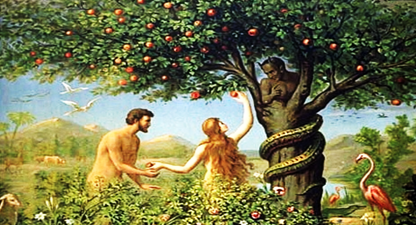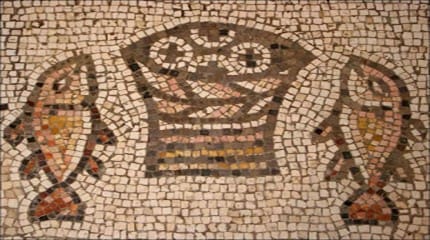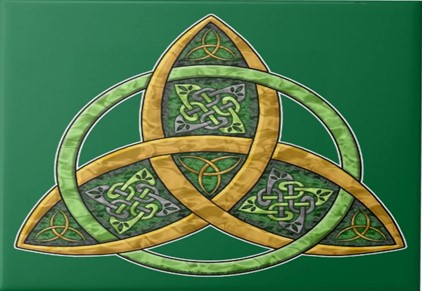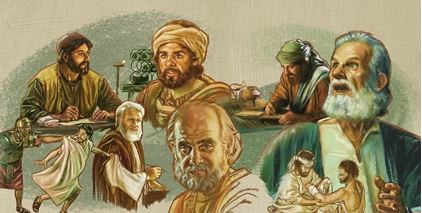Recently, one of man-stream media outlets published an article entitled “Rapture Anxiety,” They defined it as a type of “religious trauma” expressed by those who once believed in the return of Christ for His Church, but who have now left, or who are questioning their faith in the essential doctrines of the Christian Faith. That is very interesting in view of the latest surveys that said only 27% of those who claim to be born-again believers believe Jesus will return to the earth.
The truth is, the Lord’s return has two parts. The first is the Rapture, to which we refer as “Our Blessed Hope,” (Titus 2:13), when Jesus will come for those who received Him as their Savior and Lord, and the second part is His physical return with those He ransomed and redeemed, to establish His kingdom upon this earth for 1,000 years, and then reign in the New Heaven and New Earth forever, world without end.
We will explain this further in our next sermon, “The Age of Apocalypse: The Return of Christ,” based on our study of Revelation 19-20.






